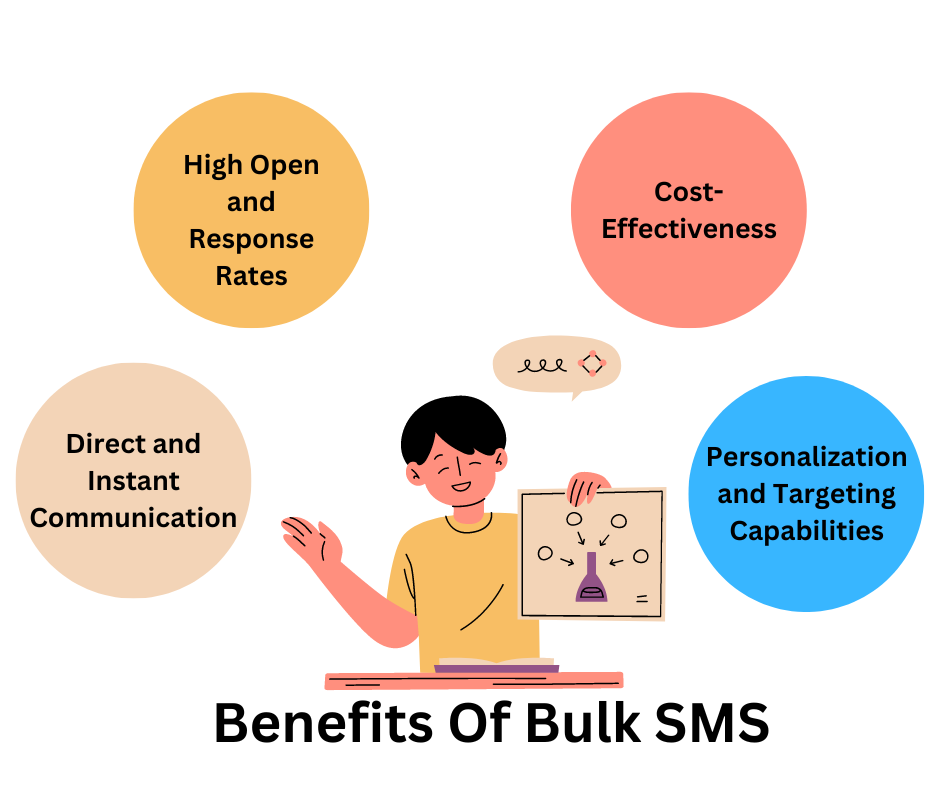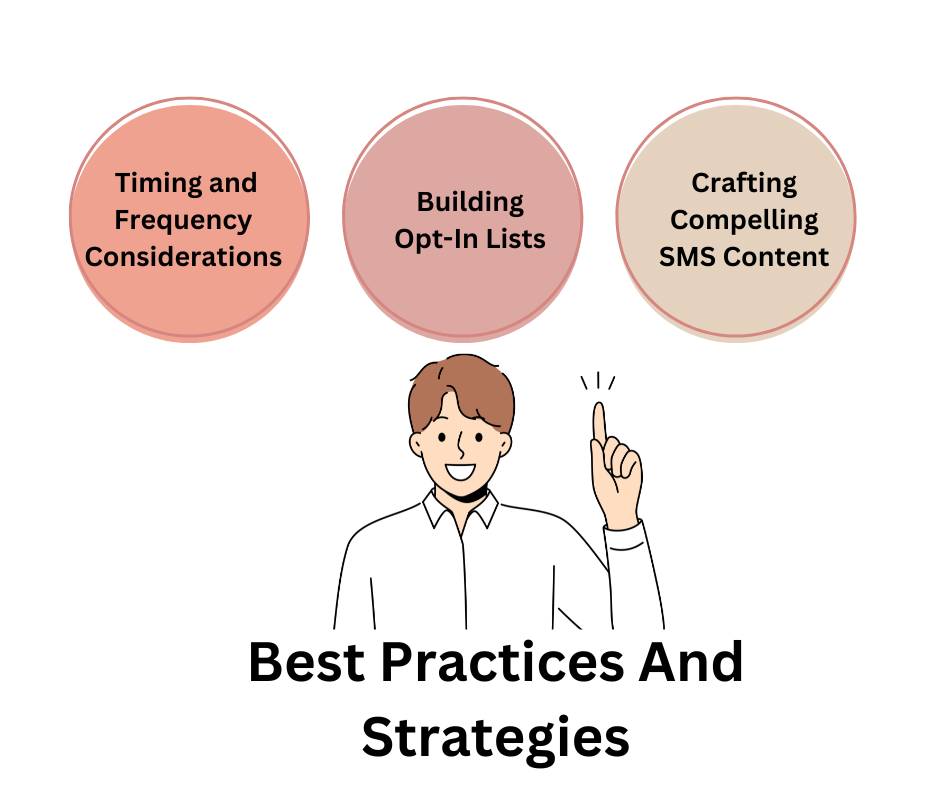Mobile-first Marketing: Why Bulk SMS is Essential in Today’s Landscape?
In today’s digital world, mobile-first marketing has become increasingly important for businesses looking to reach their target audience effectively.
This approach prioritizes the mobile experience when designing marketing strategies and campaigns, acknowledging the widespread use of mobile devices for accessing the internet and consuming content.
With high open rates and the ability to reach customers directly on their mobile devices, bulk SMS allows businesses to deliver time-sensitive information, promotions, and reminders effectively.
The Shift To Mobile
The shift to mobile refers to the increasing trend of people using mobile devices such as smartphones and tablets for various purposes.
This trend has significant implications for businesses and marketers, as it changes the way they reach and engage with their target audience.
Understanding the statistics on mobile usage trends is crucial for businesses and marketers to adapt their strategies and ensure they are effectively reaching mobile users.
It’s important to recognize the increasing amount of time people spend on mobile devices and how this impacts their behavior, preferences, and decision-making processes.
Businesses and marketers need to take these factors into account when developing their mobile marketing strategies to stay relevant and competitive in the ever-evolving digital landscape.
Benefits Of Bulk SMS
There are several benefits of bulk SMS. The following are the reasons why bulk SMS is still relevant in 2024 and is essential in today’s landscape.
Direct and Instant Communication
With bulk SMS, businesses can directly and instantly communicate with their target audience, ensuring that important information is delivered promptly.
This direct channel of communication can be especially valuable during time-sensitive situations or when immediate action is required.
High Open and Response Rates
Bulk SMS messages typically experience high open and response rates, as most people tend to open and read text messages promptly.
This means that important messages are more likely to be seen and acted upon, making bulk SMS an effective tool for urgent communication and time-critical promotions.

Cost-Effectiveness
Bulk SMS is a highly cost-effective communication tool compared to traditional marketing methods such as print advertising or direct mail.
Businesses can reach a large audience at a relatively low cost per message, making it an attractive option for businesses looking to maximize their marketing budget and achieve a strong return on investment.
Personalization and Targeting Capabilities
Bulk SMS allows businesses to personalize messages and target specific customer segments based on factors such as demographics, purchase history, or location.
This level of personalization and targeting increases the relevance and effectiveness of the communication, as recipients are more likely to engage with messages that are tailored to their individual preferences and needs.
Best Practices And Strategies
As you know now how important is bulk SMS even in this Genz era. Let us see some of the most common best practices and strategies to enhance the productivity of your bulk SMS campaigns.
Building Opt-In Lists
- Obtain consent from customers to receive SMS messages
- communicate the frequency and types of messages they will receive
- Provide easy opt-out options for customers who no longer wish to receive messages

Crafting Compelling SMS Content
- Keep messages concise and to the point
- Include a clear call to action
- Personalize messages whenever possible to enhance engagement
Timing and Frequency Considerations
- Consider the time zones and schedules of your target audience
- Avoid sending messages too frequently to prevent overwhelming recipients
- Test different times and frequencies to determine the optimal approach for your audience
Compliance And Privacy
When it comes to compliance and privacy, it’s essential to be mindful of regulations and guidelines that govern how data is handled.
This includes staying up to date with legal requirements, such as data protection laws, and industry-specific regulations that may apply to your organization.
Additionally, emphasizing the importance of respecting user privacy is crucial. This involves being transparent about data collection and usage, obtaining user consent where necessary, and implementing security measures to safeguard personal information.

